Every moment of our lives, we make decision. Consciously or unconsciously…
What time to get up for work, what to eat for dinner, brushing our teeth before heading to work, choosing to read a book instead of watching TV in the evening…
Of course, there are also our spontaneous decisions throughout the day. Like suddenly yelling when your child breaks something, even if you regret it afterward.
And most of these are automatic decisions.
Alongside daily choices, we all have long-term decisions about what we want to accomplish or achieve.
So what drives your decisions?
Do you really make decisions according to your own wishes or are you influenced by your environment/social media?
Are you living only through automatic decisions, or can you guide your life with conscious choices?
Are you aware of the impact that even your small decisions can have on your life or those around you?
How do the automatic decisions you make shape your life and emotions?
Think back to 10 years ago… Focus on a few critical decision-making moments…
If you hadn’t made those decisions, how would your life have unfolded?
I’m not distinguishing here between good or bad; I just want you to consider the direction your life could have taken.
Or was there a chance to make a different decision in that situation?
And what thoughts, habits, or emotions influenced the choice you made?
The purpose of reflecting on these is to realize how powerful decisions can be. And to focus on the importance of conscious decision-making.
Because if you hadn’t made those decisions back then, your life today—whether better or worse—would be very different.
Think of people who have come from hardships and achieved success… They all began with a decision. And they comitted themselves to that decision.
I’m not just talking about those who achieved financial success.
I’m referring to anyone who has committed themselves physically, mentally, or spiritually and lives a strong, purpose-driven life.
They recognized what was going wrong in their lives. And they decided that things had to change, that they wouldn’t let themselves fall into the same situation again.
They comitted themselves to this decision. When you commit to a decision, the rest will follow naturally.
You’ll know what to do. Or, at least, you’ll find a way.
Because you decided what you want, and most importantly, you know “why” you want it.
For example, if you decide to achieve financial independence within five years to spend more time with your family,
Once you dedicate yourself to this decision, you’ll find ways to make it happen. Because you believe in the realization of the decision you’ve committed to.
After that, it’s easy because there’s no reason not to act.

You may think that the moments that shape your life are the circumstances you find yourself in.
Or you may believe that geography is destiny. But you’re mistaken! As Tony Robbins says:
It is in your moments of decision that your destiny is shaped!
Whatever the circumstances, a single decision made at those moments can change the course of your entire life.
You might think that people born into wealth, with every need met, are happier, more confident, or more at peace than you because of their circumstances.
Or maybe you think the lives of celebrities you see on social media are perfect and that you could never reach such an ideal life.
That may be true. But even just one decision, regardless of their circumstances, could ruin those people’s lives.
Take Robin Williams, for example—a name everyone knows. You’ve likely seen at least one of his movies.
He was a famous comedian and a vibrant soul, wasn’t he?
It’s hard not to admire someone like him. But despite his seemingly good circumstances, he made the decision to end his life.
Do you think it was his circumstances that led him to suicide, or was it a decision he made?
You might argue that he learned of his illness and fell into depression. Yet, choosing to overcome the illness or seeing it as a different kind of opportunity is also a choice.
When my father passed away at the beginning of my third year of university, I had no financial income.
I wasn’t even sure if I’d be able to continue my studies.
But I couldn’t bear the thought of dropping out. No matter what, I decided to finish university with the grade I wanted.
The first thing I had to do was to find financial resources.
I searched for work for a while, telling everyone—without hesitation—that I needed a job to continue my studies.
I was ready to take on any job. There was simply no other option. Eventually, a generous acquaintance who knew I was looking for work offered me a scholarship.
With that, I could continue at university, and I was getting the grades I wanted.
Two months before graduation, I learned my brother had cancer, had to undergo a major operation, and his survival was uncertain.
Despite these challenges, I managed to focus on both my studies and my brother.
And I graduated with exactly the grade I had aimed for. I can’t describe the peace I felt at that moment…
To achieve the result of a commitment I made to myself under such tough circumstances was priceless. Maya Angelou‘s quote tell us a lot about this topic:
You may not control all the events that happen to you, but you can decide not to be reduced by them!
So if you focus your energy on things you can change, you can also change your circumstances.
Either your circumstances will decide for you, or you will make a committed decision to change your circumstances.
Even when conditions are very favorable, why do some people make good decisions while others aren’t as effective?
Or, even if they make the same decisions and their circumstances are identical, why do some remain committed to their decisions while others give up?
Every decision we make is dependent on our values. Any decision we make that contradicts our values will eventually make us feel discomfort after a while.
And soon after, our decision may change.
Being aware of your values and knowing what needs to be changed will allow you to make more committed decisions.
Learning what drives our decisions is the first step toward taking control. Tony Robbins highlights three factors on this topic.
1- Your Focus:
Whatever you focus on, you will feel… And what you feel is entirely what drives your decisions.
If you focus on the idea that trying something new could ruin your life, you’ll feel panic and fear. With that feeling, you’ll decide to stay away from it quickly.
On the contrary, if you focus on the possibility of finding new opportunities in it, you’ll feel excitement and hope, making you eager to try it immediately.
Tony Robbins says we answer three questions at every moment in our lives.
The first question is, “What will you focus on?”…
On what you can control or what you cannot? On what you have or what you’re missing? On the past, the present, or the future?
You should focus on what you can control and what you have, find a balance between present and the future, and set aside the past.
The second question is, “What meaning will you give to this experience?”…
Is it an opportunity, or is it a punishment that ruins your life? The meaning you assign will shape your focus and emotions and therefore impact your decisions.
As Tony Robbins says in his seminars: Meaning = Emotion = Life!
The third question is, “What will you do with this experience?”…
If you think this experience will ruin your life, you will make a different decision than if you see it as an opportunity.
2- Your Standards:
The higher your standards, the better decisions you will make.
Raise your standards, change the beliefs and values that hold you back. The quality of your decisions will change accordingly.
Will you go to the gym, or will you sit in front of the TV with a bag of chips?
If your standard is to have a fit body and self-confidence, your decision will lean towards going to the gym.
It all depends on how high your standards are. Don’t settle for low standards for yourself.
3- Your Hunger:
Those who hunger for success focus solely on what they want to achieve and set high standards.
This enables them to make better decisions, as their hunger helps them see obstacles along the way as opportunities.
And they decide to use these obstacles as a driving force. Those who accept failure lack this hunger and high standards.
Unleash your hunger. Clarify your focus and raise your standards.
It may seem daunting or exhausting, but setting high standards and changing the beliefs and values that hold you back is easier than you think.
And here, I need to remind you of two things.
First, you don’t always have to make the right decision.
Most people lack the courage to make tough decisions because they want to make the “right” decision, and so they make none at all. Don’t strive for perfection!
Take responsibility for your decisions and move forward.
And second, when you make a decision, you should not be stuck on one path.
There are many alternative paths to realize your decision. As Tony Robbins says:
Stay committed to your decisions, but stay flexible in your approach!
The more you get stuck on one path, the higher your chances of burnout, leading you to question your commitment to your decision.
Recognize the power of making conscious decisions. Don’t let your surroundings or social media decide for you.
And finally, always remember Wesam Fawzi’s words:
The quality of your life is built on the quality of your decisions!
Be full of energy! Believe in yourself! Live with passion!
Take care of yourself!
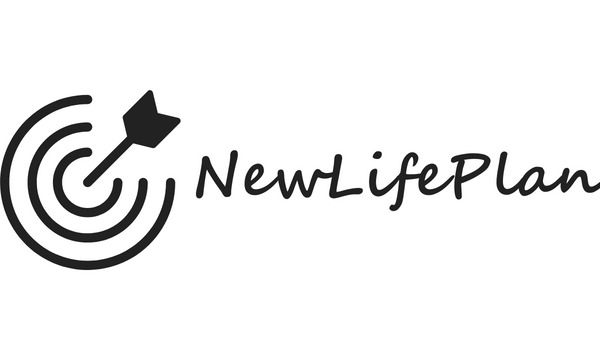
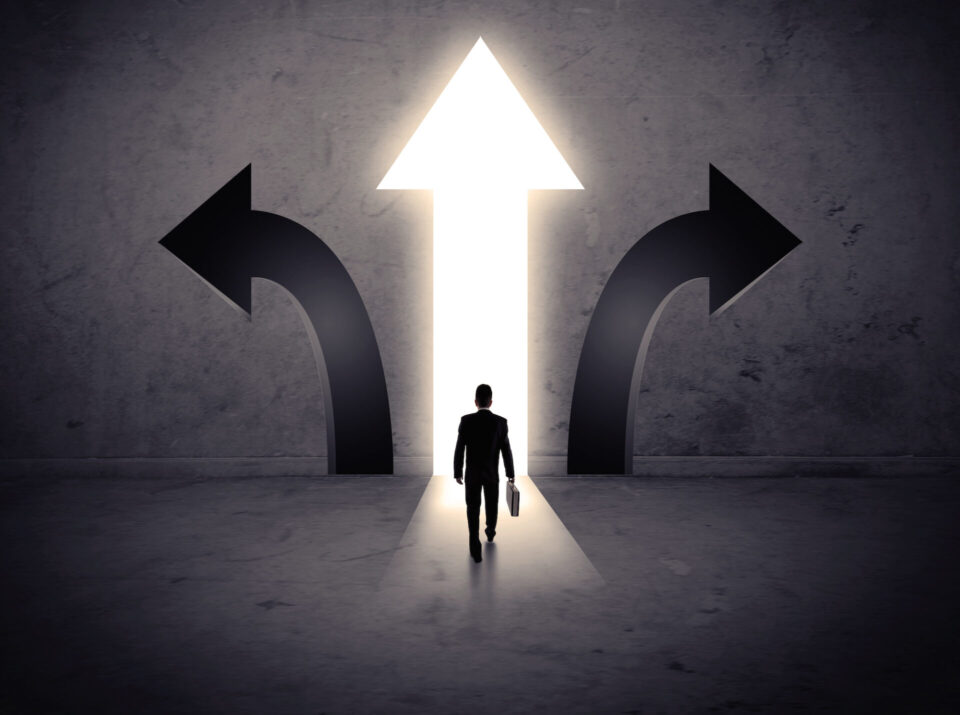
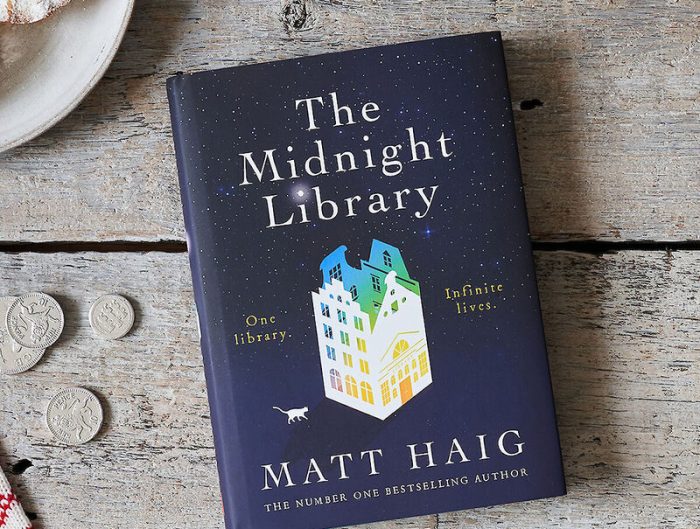
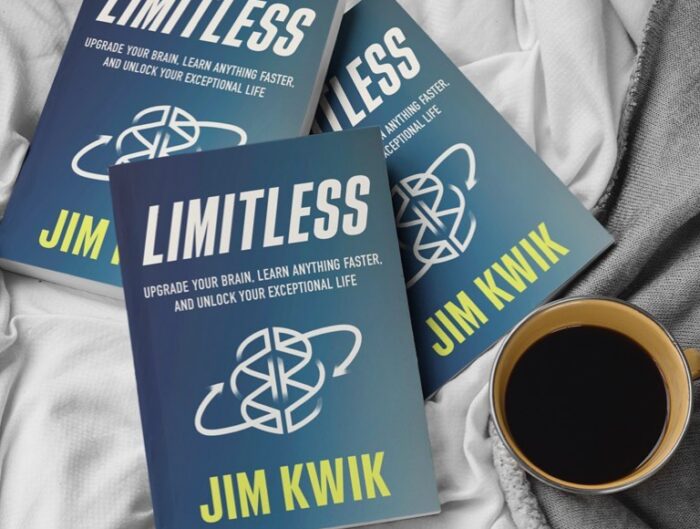
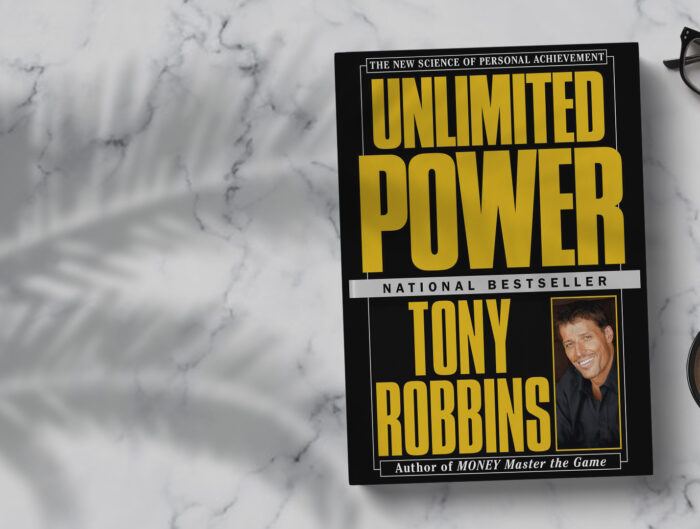
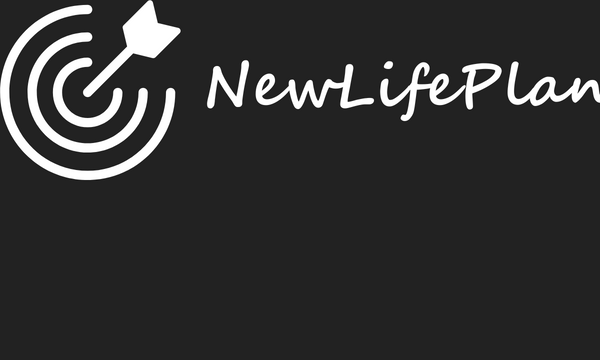
Leave A Reply